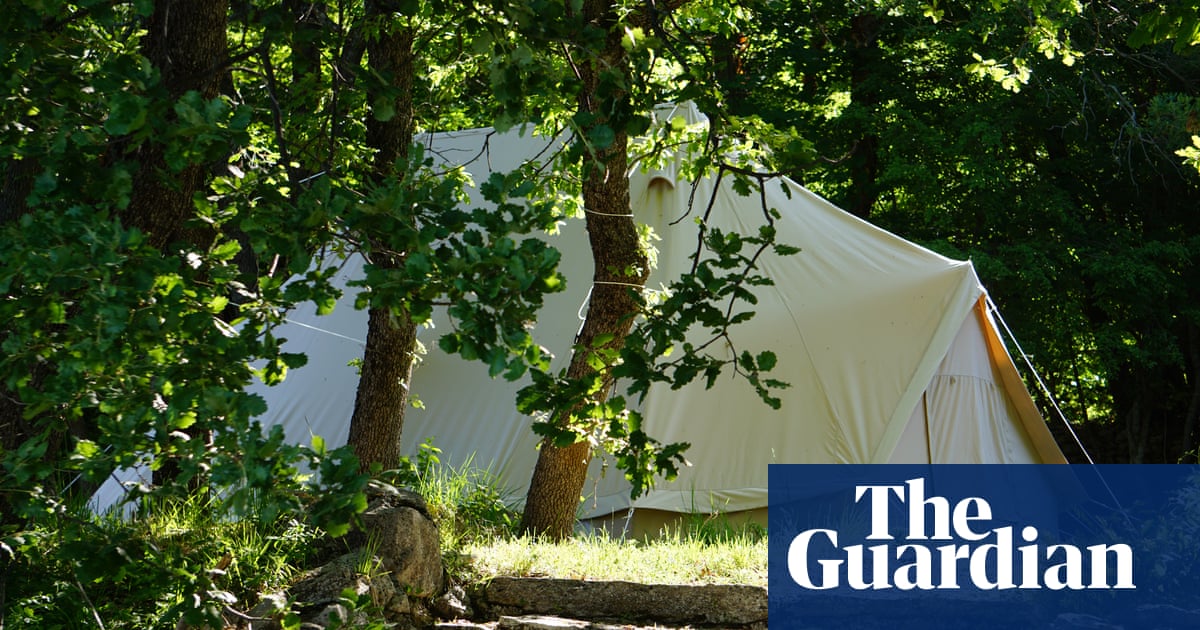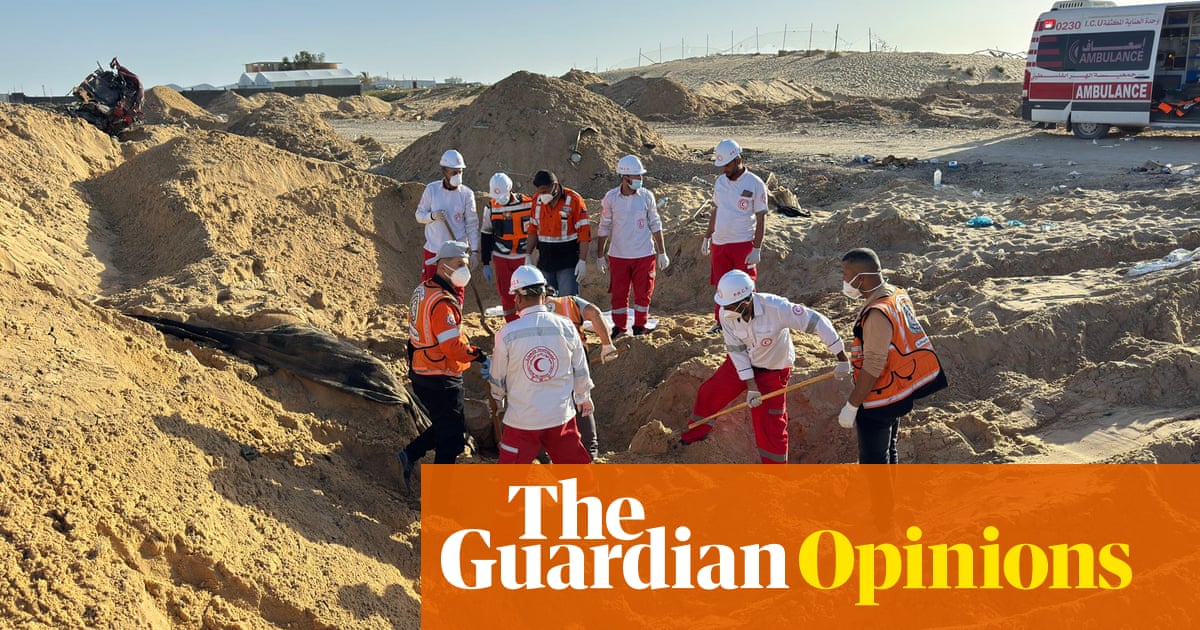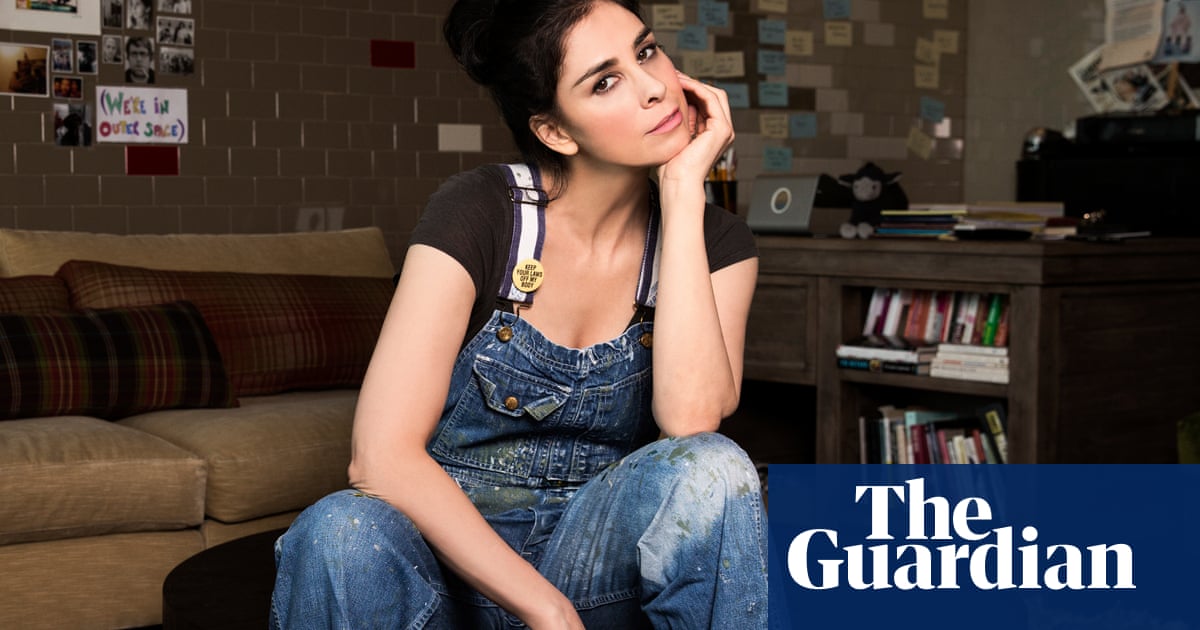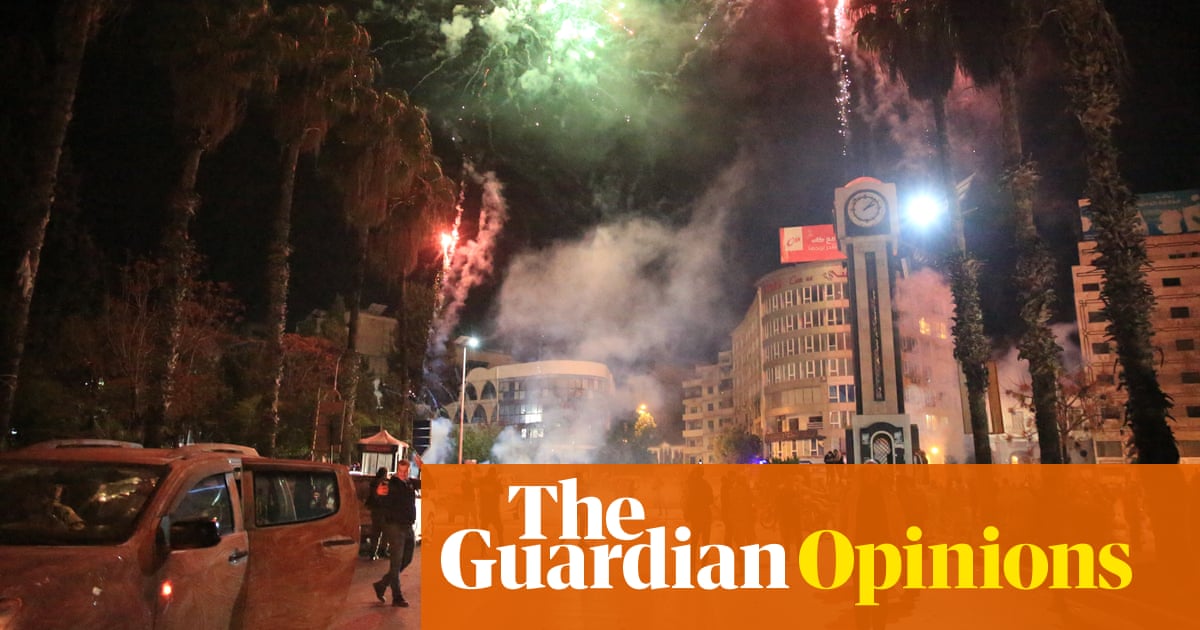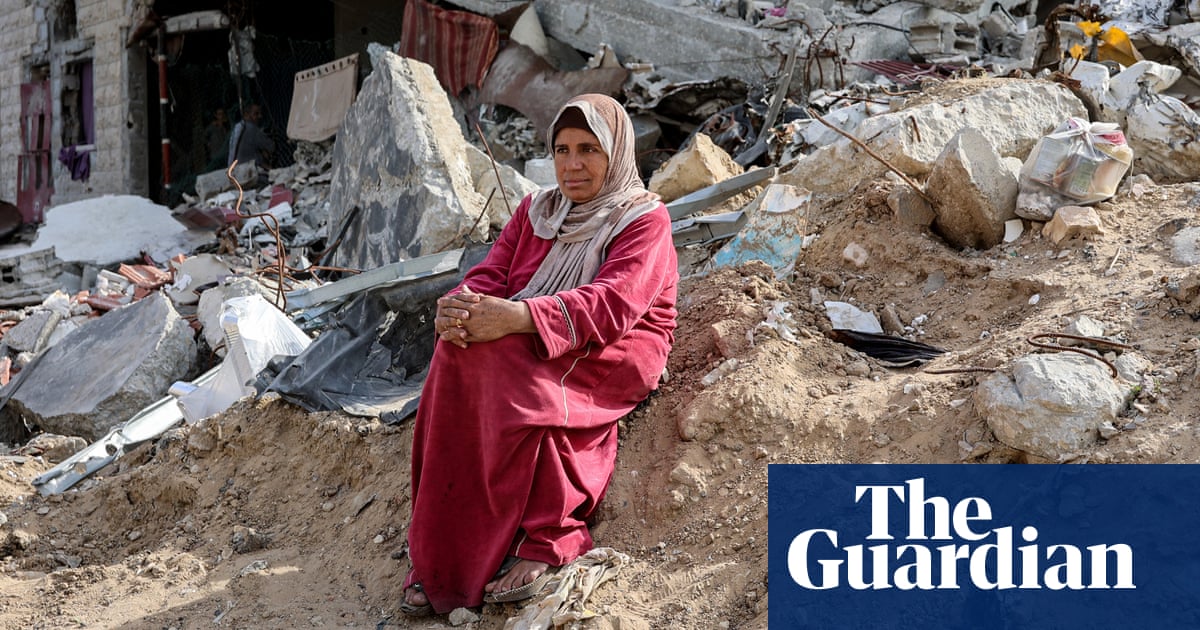Last week I took my daughter to see the new Snow White film and on the train she told me how all the girls had been called into a special assembly. It was to tell them that makeup was strictly forbidden – some girls (she discreetly told me their names, vaguely scandalised) had started wearing mascara to school. And as she spoke I was immediately propelled to 1991, my friend’s kitchen, the violet smell of other people’s laundry, her mother explaining that we shouldn’t wear makeup until we were, “At least 40,” because it was just, “for covering wrinkles and the shadows of age.” That conversation has rattled around in my head for decades (“the shadows of age”) and it lodged there as I settled in with my popcorn.
The new Snow White has been plagued by so much controversy some might assume the marketing team had bitten a cursed apple. It took nine years to make it into cinemas, after, OK: Rachel Zegler’s casting sparked a racist backlash; actors with dwarfism debated the ethics of portraying (in Disney’s words) the “seven characters’,”; and critics (including the son of a director who worked on the 1937 film, to the Telegraph) complained that Disney is “making up new woke things”. Then, in August, a member of a pro-Palestine campaign called for a boycott of the film, citing Gal Gadot’s (who plays the evil queen) support of Israel’s military actions. Rightwing press were next to call for a boycott, after Zegler spoke out first in support of Palestine and then against Trump, leading Disney (allegedly) to scale back the eventual premiere. And then it was here, and the reviews were… grumpy. The New Yorker headlined its review with: “Disney’s remake whistles but doesn’t work.”
Perhaps because these controversies were on my mind as I watched the film, I was surprised to find myself scandalised by something that hadn’t made the list – the horror of ageing, a subject so baked into our psyche it doesn’t prick at culture wars or even bother a slow news cycle. You know the story: the queen is vain and evil, Snow White is beautiful and good. The queen has a magic mirror that acts a bit like Instagram, comparing her to other women and warning of her loss of beauty, and therefore power. The message: stay young or die.
As I watched the queen transform herself into a haggard old crone, I thought immediately of last year’s hit The Substance, in which Demi Moore attempts to keep herself young and relevant by splitting herself in two. While very fun, the lingering problem with that film became clear as time passed and shock dissolved – the ultimate bloody, oozing nightmare of ageing it gave us, with its crone-like finger and wild grotesqueries, was far less terrifying than the reality we faced outside the cinema. The reality, of course, is that the pressure to maintain the appearance of youth (through methods that inevitably perpetuate classist, ageist and racist systems) is bankrupting, sickening and distracting practically every woman over the age of 25, with the new “tween skincare fans” fast catching up. We’re all evil queens, merrily striving for legitimacy, using torturous injections, operations and potions to compete with the princesses coming up fast behind, destined to take our jobs, our men, our crown.
Originally, fairytales used the concept of ugliness to tell a story about evil, but over time it feels like the nuance in meaning has collapsed, and ugliness is evil, and beauty is goodness, and we’re all living our own (poorly reviewed) live-action Disney remake. To be seen as morally superior today you need not, say, volunteer at food banks or save a little life, but instead maintain a 12-step cleansing routine and have Botox injected three to four times a year.
The lack of interest in this key theme in the movie, when every other piece of the film has been picked over relentlessly – from ideas of consent around the kiss that wakes Snow White to the CGI seven dwarves – tells us something about who we are right now. Fairytale adaptations always act as a mirror, reflecting back the concerns of the age, and what I read from this absence of interrogation is an increasing disinterest in questioning beauty culture and a growing acceptance of the normalisation of beauty standards.
The day my friend’s mum gave us the makeup lesson was soon after our school had rolled a fine sheet of white plastic over the floor of the hall to create an “ice skating disco”. And the reason her speech embedded itself in my memory, with a prickle of fear, perhaps shame, was because that week I’d started experimenting with eyeliner. I’d smudged kohl under my eyes and, spinning through the PE apparatus, felt like Cher.
The idea that makeup was for covering “shadows” rather than creating them was boggling to me at the time and was my first realisation that ageing was meant to be humiliating. Luckily I’ve since had the opportunity to learn that lesson many times over.

 1 day ago
5
1 day ago
5


